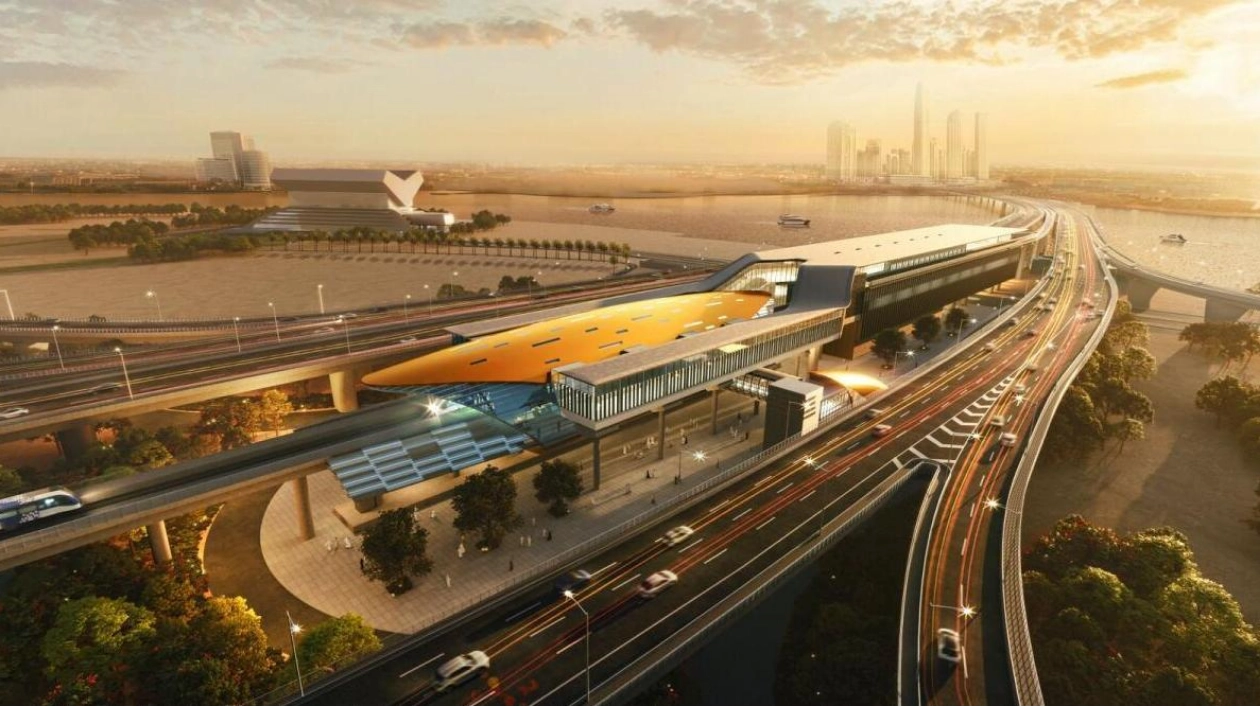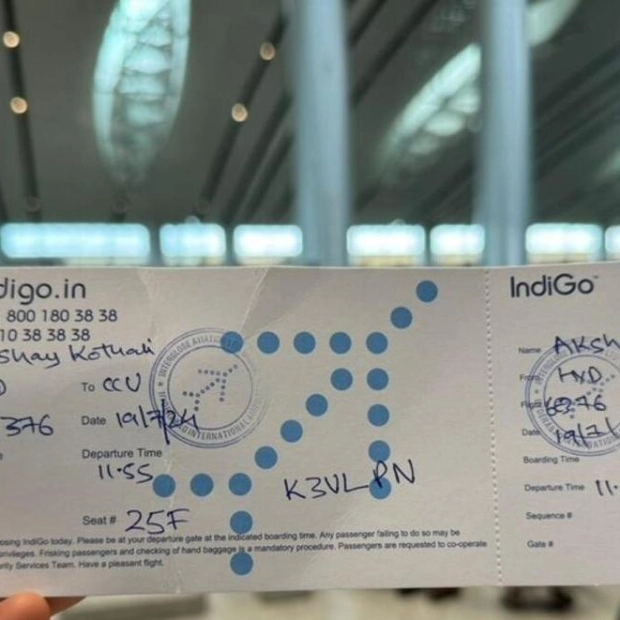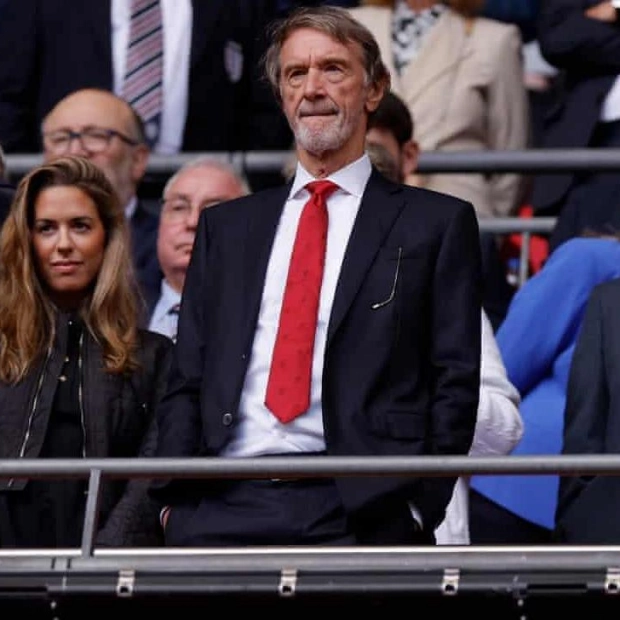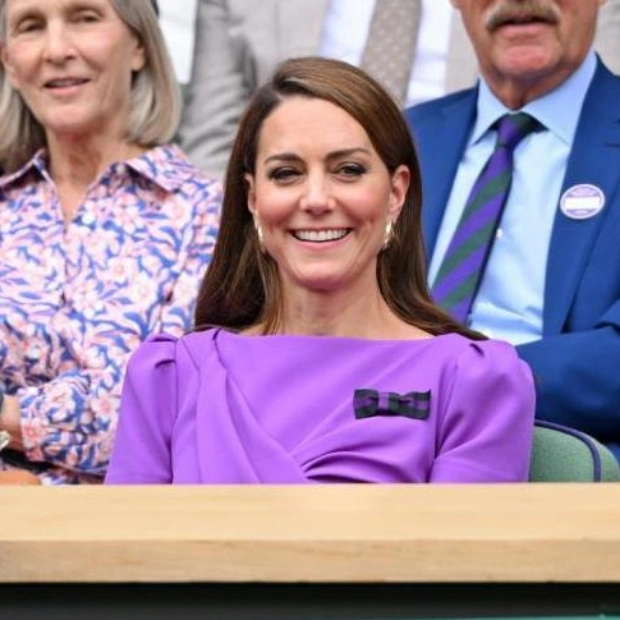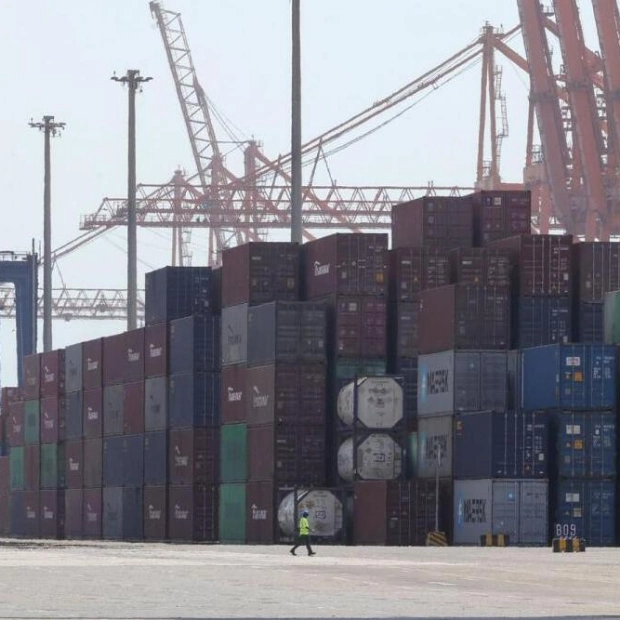Residents choosing to reside in less populated and 'emerging' areas are reducing their rent expenses but are also investing more time and money in transportation. The announcement by the government of expanding the Dubai Metro, which is the core of the city's public transit network, was met with enthusiasm as it promises to enhance their daily routines. Husameldin Elsayed, a Sudanese expatriate residing in Dubai Silicon Oasis, shared with Khaleej Times: "The bus service is adequate, but the routes are indirect, and travel times extend, particularly during peak hours when community entry points become congested."
"The proposed addition of metro stations would greatly enhance convenience. It would streamline commutes by avoiding road traffic delays, making daily travel more efficient and reliable. This improvement would not only smooth daily commutes but also elevate the overall quality of life," he further explained. The Executive Council of Dubai revealed plans to increase the Dubai Metro from its current 64 stations (covering 84 km) to 96 stations (140 km) by 2030, with an ambition to reach 140 stations (228 km) by 2040.
The expansion of the Dubai Metro is intended to boost the public transport share to 45% across the emirate, cut carbon emissions to 16 tonnes per capita, and enhance the efficiency and convenience of sustainable transport, according to the Roads and Transport Authority (RTA). Dr Monica Menendez, Associate Dean of Engineering for Graduate Affairs at NYUAD and Director at Research Centre for Interacting Urban Networks, commented: "Expanding the metro system is a positive step." She hopes this will be accompanied by enhancements to other public transport modes and more active transportation options, along with the introduction of flexible transport concepts aided by new vehicle technologies.
Dr Menendez emphasized that transit-oriented development will transform Dubai's landscape, traditionally centered around car use. The aim is to develop a public transport system offering maximum flexibility and personalization, encouraging residents to opt for public transport over personal vehicles. Arijit Nandi, an Indian expatriate living in The Springs, expressed his willingness to abandon his car in favor of the Metro, highlighting the practicality and time-saving benefits, especially for frequent travelers like himself.
Mawada El Magboul, a resident of International City, highlighted the challenges of mobility due to the absence of the Dubai Metro in their neighborhood. The nearest metro station, Al Rashidiya, requires a 15-minute taxi ride costing approximately Dh35 each way. She eagerly anticipates a metro station in her area, which would significantly improve accessibility. The Blue Line extension, announced by the RTA, is set to connect key areas with the city's growth sectors, reducing travel times and enhancing connectivity.
Residents in emerging communities are eagerly awaiting metro stations in their areas, which include Dubailand, Jumeirah Village Circle, and others. However, the introduction of metro stations could lead to increased rents due to anticipated property value spikes. Andrew Elliott, Director Commercial Agency at Chestertons, noted that metro stations enhance area attractiveness, potentially raising rental rates and property values. He also highlighted the environmental benefits of enhanced public transport infrastructure, aligning with Dubai's vision to be a global hub for business and tourism.
